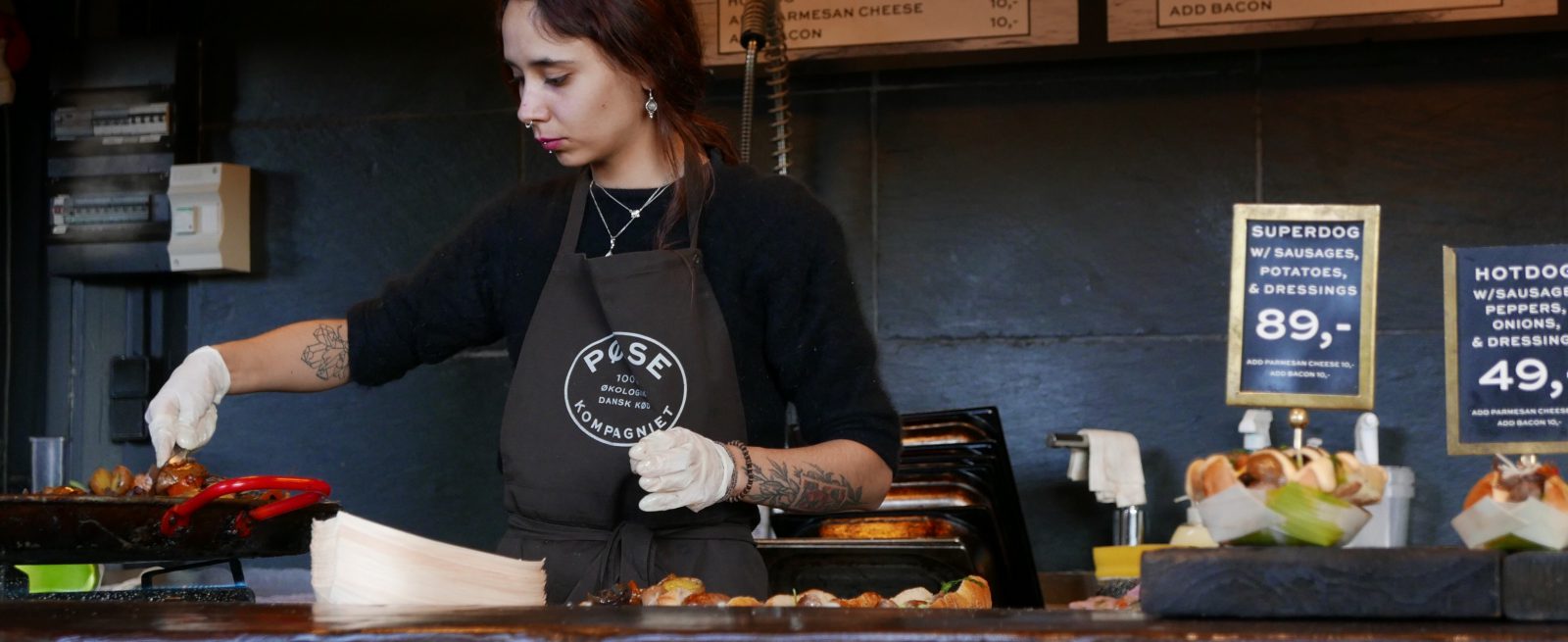Integrated Solutions Are Revolutionizing Food Management
3 Min Read By Ryan Yost
Restaurants are caught in a “perfect” storm of food safety and labor challenges, as well as growing consumer demand for transparency on food origins. New integrated technology solutions that encompass intelligent labels, hardware, software, IoT and applications are a lifeline for restaurants driving to ensure safety, transparency and profitability.
The food industry is embracing much of the same technology that has been creating efficiencies across the supply chain for the apparel and retail sectors. Initially enabled by RFID intelligent labels, now hardware, software and applications are increasingly essential to drive inventory management, logistics and distribution, loss prevention and even improve customer experience.
Food industry solutions that include hardware, software, labels and service facilitate improved food safety and health code compliance, clearer nutritional and ingredient labeling and standardized date coding.
Restaurants have additional challenges not faced by industries like apparel, which includes compliance with food safety regulations. The key for the food industry is first capturing data through intelligent RFID labels, then seamlessly adding capabilities to utilize the information. These robust technology solutions provide the additional benefits of reducing food waste, improving data accuracy and introducing software-as-a-service to a sector that is hungry to embrace new technology.
Take the example of THR Subway LLC, with eight locations in Grand Rapids, Michigan which was an early adopter of the Avery Dennison® FreshMarx® solution, promoted by Subway corporate.
The FreshMarx® solution provides users with greater protection of critical food data. The suite consists of hardware, software and supplies for nutrition and ingredient labeling, date-code labeling, brand-customizable pricing and promotional labels for grab-and-go or prepared foods, RFID inventory identification solutions and new app-based temperature tracking for coolers. The Freshmarx 9417 printer marks the time and date on each label, along with identifying who it was prepared by, used by and received by. For food purveyors, this means accelerated service and performance that protects customers and employees, while meeting compliance requirements for global food labeling safety standards.
In the quick-serve industry, many operations rely on simply handwriting the date and time labels with markers or pencils. With cost being the biggest barrier to automating food labeling for most franchisees, restaurants must look beyond dollars and cents to determine return on investment. As this chain discovered, it’s not relevant to compare the investment in the machines and labels to buying a roll of masking tape for a couple of dollars or a couple of china pencils.
“It’s like apples and oranges,” the chain’s representative said. “Even if you have labels printed with all of the information, you still have to fill those in and you still risk that chance of incorrect information and getting somebody sick is going to cost you a lot more than the price of the printers. You’re paying for that piece of mind so it’s a small investment.”
The future of these scalable solutions is already here. Recently launched Wi-Fi temperature tracking sensors placed in cold storage units can monitor and pull temperature information, accessible on demand via smart device, remotely by app, and onsite. If the refrigerated deice goes out-of-range, the user is notified and can take immediate action to address the issue and salvage potentially lost food, get the device back to safe temperature range, or service the malfunctioning unit. Temperature tracking enables improved food safety and health-code compliance, and automated, accurate temperature monitoring to improve operational efficiencies. Another recent advance is the microwave-safe UHF RFID label, which brings to fruition a long-held desire for a true end-to-end solution for the food industry.
Consumers are always on the go and expect a broad selection of fresh, quality food that is safe to eat and easy to shop for. Food industry solutions that include hardware, software, labels and service facilitate improved food safety and health code compliance, clearer nutritional and ingredient labeling and standardized date coding. Fully integrated, scalable technology solutions reach every corner of the restaurant kitchen to improve data accuracy, reduce food waste, ensure compliance, save on labor and ultimately increase customer satisfaction.


